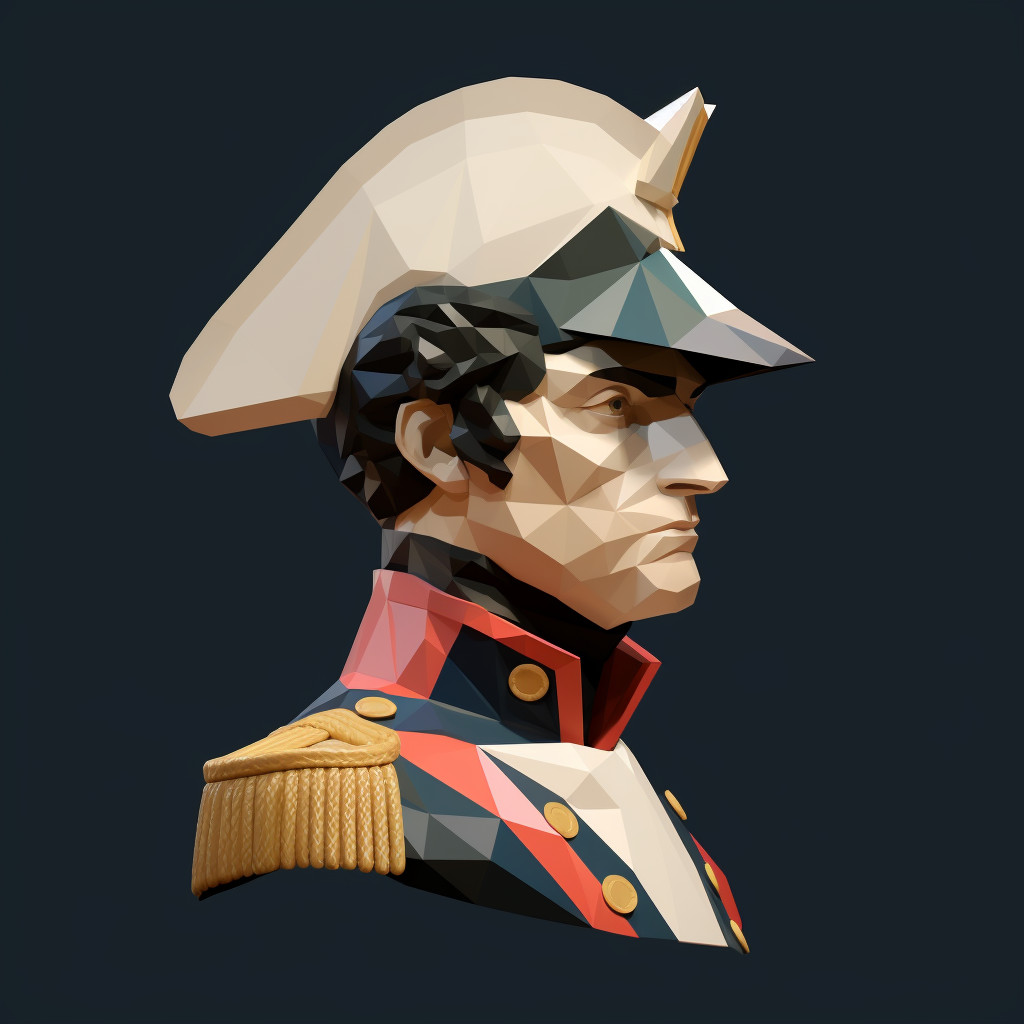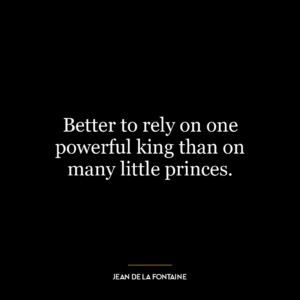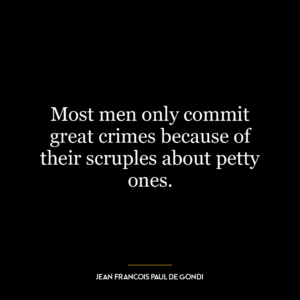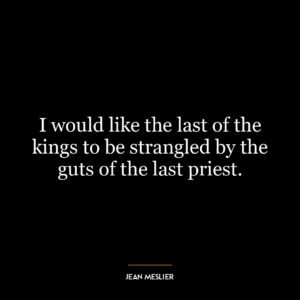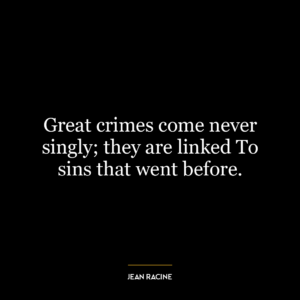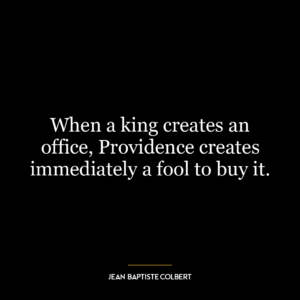This quote suggests that those in positions of power, such as kings or leaders, may sometimes be compelled to make decisions or take actions that could be considered morally wrong or criminal. However, these actions are seen as necessities due to the demands and responsibilities of their position. Essentially, the leader’s duty to protect or advance the interests of their people may require them to cross certain ethical lines.
This idea is rooted in the concept of consequentialism in ethics, where the morality of an action is judged solely by its consequences. Here, the leader’s actions, even if they seem criminal, are justified if they lead to a greater good or lesser evil for their people.
In today’s world, this idea can be observed in the actions of political leaders during times of crisis such as wars, pandemics, or economic recessions. For instance, a leader might have to enforce strict lockdown measures during a health crisis, infringing on personal freedoms, but with the intention of protecting public health.
In terms of personal development, this quote could be interpreted as a reminder that sometimes, difficult decisions must be made for the greater good. It’s about understanding that sometimes, the right choice isn’t always the easiest or the most popular one. It’s about making tough calls and taking responsibility for them, even if they may seem “criminal” or wrong to others. It’s about prioritizing the collective good over individual comfort or popularity. However, it’s also important to remember that this doesn’t justify unethical behavior or actions that harm others unnecessarily.




